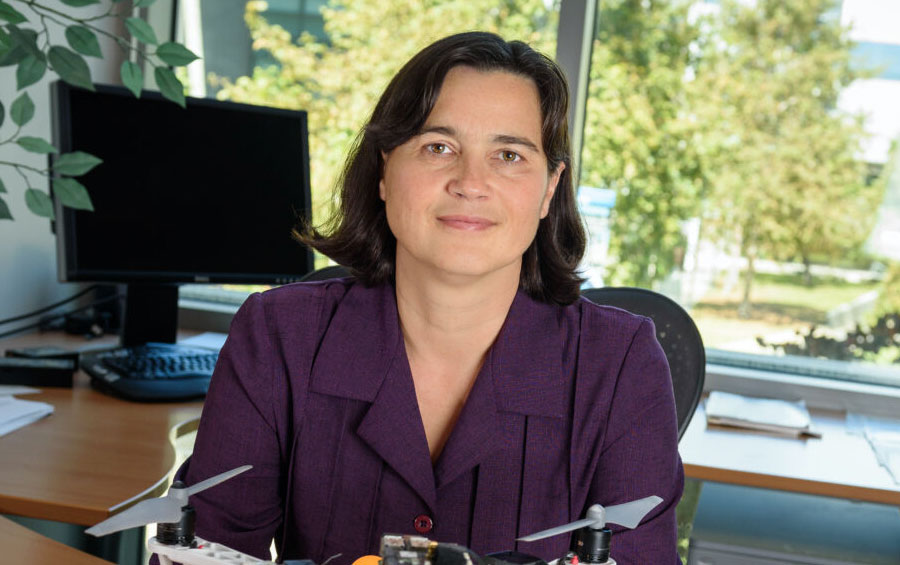Leaders in robotics, including Henrik Christensen, CSE professor and director of UC San Diego’s Contextual Robotics Institute outline how robots can be effective tools in combating the coronavirus in this Science Robotics editorial.
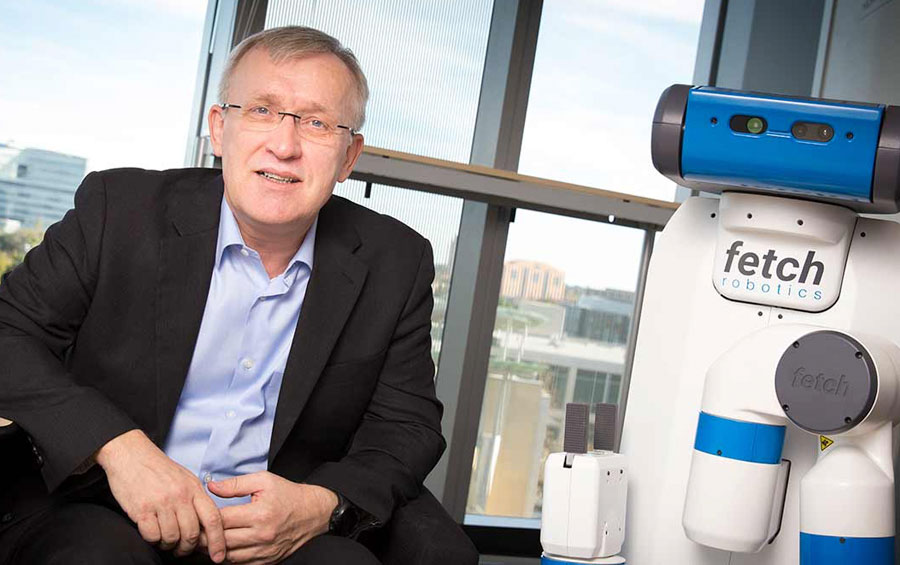

Michael Barrow, a Ph.D. candidate in CSE Professor Ryan Kastner’s research group, is leading an effort to boost critical care management during these uncertain times.
Niema Moshiri, an assistant teaching professor and a bioinformatician who studies the relationships between epidemics and viral evolution, is one of the researchers studying the evolution of SARS-CoV-2. They are finding that the SARS-CoV-2 virus appears to be mutating more slowly than the seasonal flu, which may simplify efforts to develop a vaccine, he writes in The Conversation.
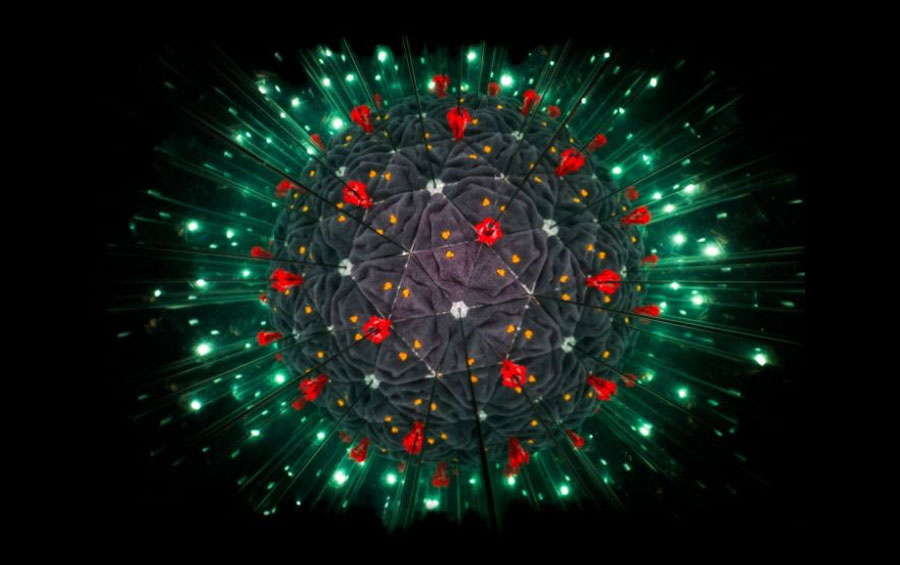
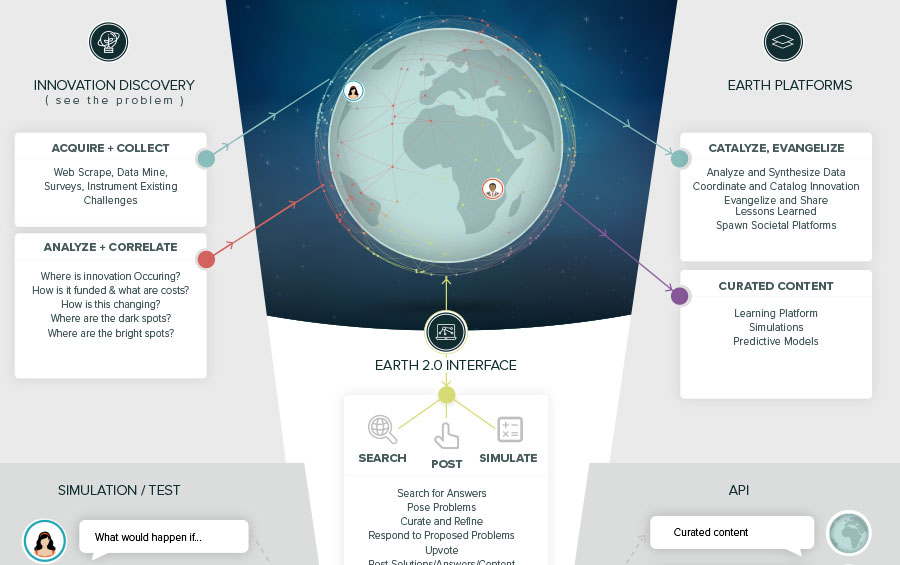
Nadir Weibel, a CSE associate professor and head of the Human-Centered and Ubiquitous Computing Lab is collaborating with university colleagues, government and industry to provide personal protective equipment (PPE) and to transport supplies like masks and face shields to hospitals in Baja California.
Weibel is also part of a UC San Diego team that developed a rapid response platform, called Earth 2.0, that connects clinicians with COVID-19 resources and answers.
CSE Professor Pavel Pevzner and collaborators with UC San Diego’s Department of Electrical and Computer Engineering and the Qualcomm Institute have developed a new gene prediction algorithm called MINING-D that could help researchers investigate genetic clues behind the symptom variations among COVID-19 patients — information that is key to creating a versatile and effective vaccine.
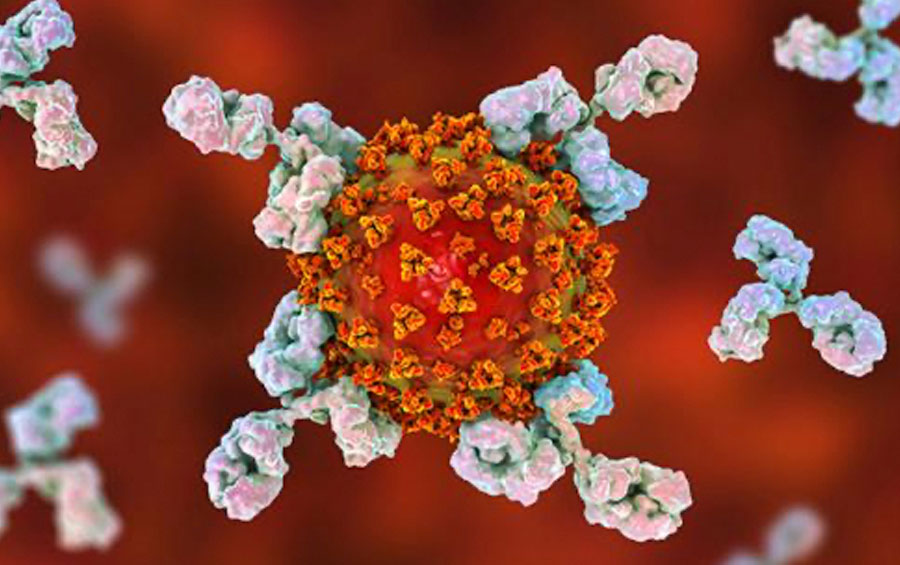
CSE researchers, including Ph.D. student Mengting Wan and professors Ndapa Nakashole and Julian McAuley along with their Amazon.com collaborator, have developed an AI-based system that can flag spoilers in online reviews of books and television shows. Called SpoilerNet, this AI tool is powered by neural networks that automatically detect spoilers.
In another project, McAuley and CSE Ph.D. students Bodhisattwa Prasad Majumder, Shuyang Li and Jianmo Ni broke new ground in natural language processing with their study that could eventually lead to AI-generated recipes—customized to your personal taste.

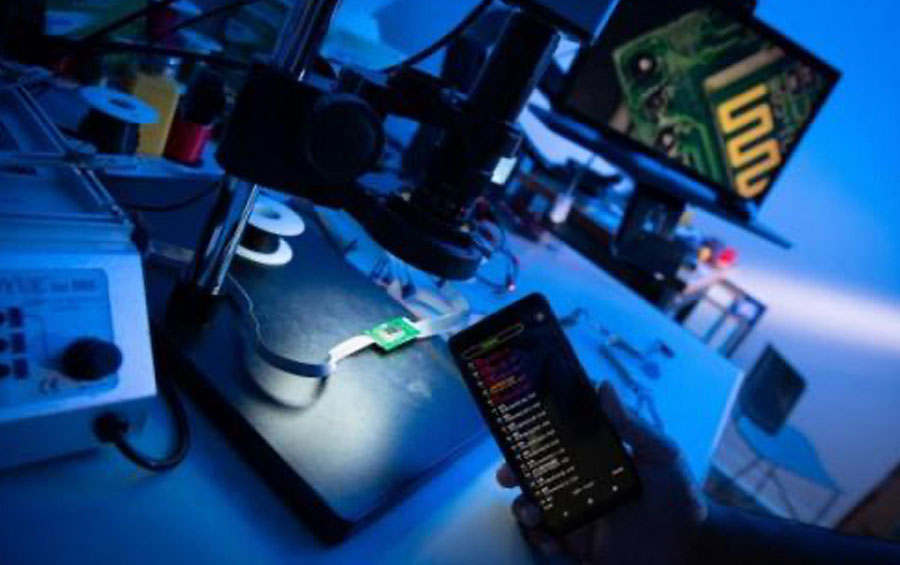
Criminals can instal devices in gas pumps that steal consumer credit and debit card data using Bluetooth. But CSE researchers and collaborators at University of Illinois have developed an app called Bluetana that detects the Bluetooth signatures of gas pump skimmer devices and helps inspectors more easily find these devices.
Developed by CSE Ph.D. students Nishant Bhaskar and Maxwell Bland, Kirill Levchenko, a CSE alumnus and computer science professor at the University of Illinois, and CSE professor Aaron Schulman, Bluetana is more accurate than other skimmer detection apps.
CSE Professor Laurel Riek, who directs the UC San Diego Healthcare Robotics Lab is the lead researcher on $2.3 million in grants from the National Science Foundation to investigate how intelligent, personalized robots can support neurorehabilitation for adults with mild cognitive impairment and adults recuperating from stroke.
One project, TAILORED: Training for Independent Living through Observant Robots and Design, involves UC San Diego collaborators, including CSE Professor Kamalika Chadudhuri. Riek’s other grant, HEBB: Human-Robot Enabled System to Induce Brain Behavior Adaptations, brings in collaborators at UC Davis to explore ways to create new intelligent technologies to support stroke patients.
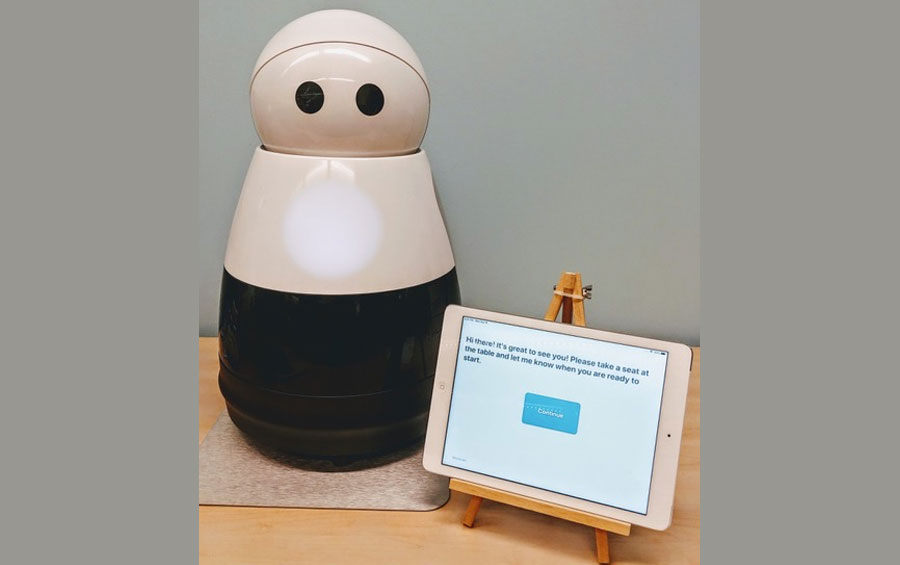
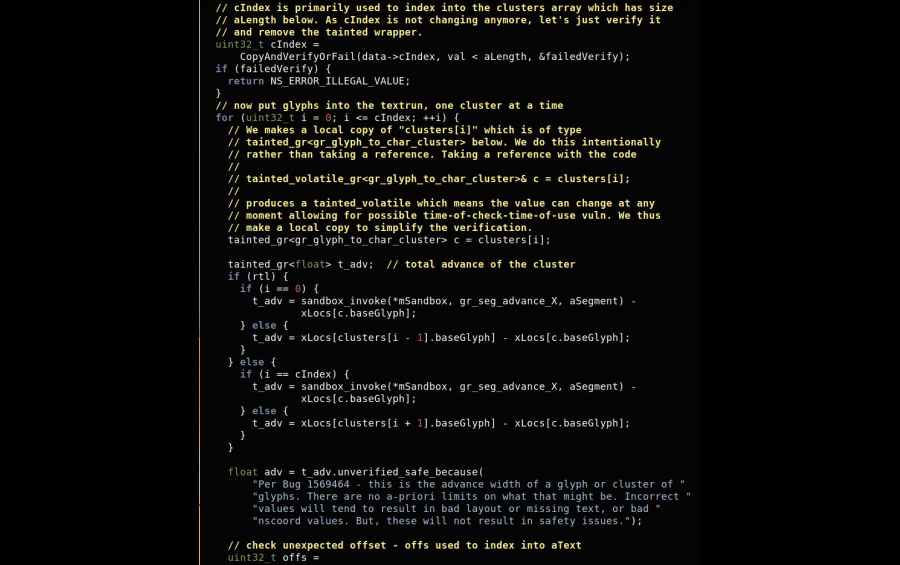
A collaboration between researchers from CSE, University of Texas at Austin, Stanford University and Mozilla has created RLBox, a new framework to improve web browser security.
RLBox increases security through sandboxing, which protects browsers from buggy third-party libraries, and has been integrated into Firefox to complement other security-hardening features. CSE researchers included assistant professor Deian Stefan, Ph.D. students Shravan Narayan and Craig Disselkoen, professor and department chair Sorin Lerner and former CSE professor Hovav Shacham, who is now at UT Austin.
While we all have unintentional biases, these attitudes in healthcare providers can have significant impacts on patient care.
To better understand these issues, CSE Associate Professor Nadir Weibel and collaborators at the University of Washington have received a $2.8 million grant from the National Library of Medicine to launch UnBIASED, which is studying hidden biases in healthcare and developing ways to help rectify them.

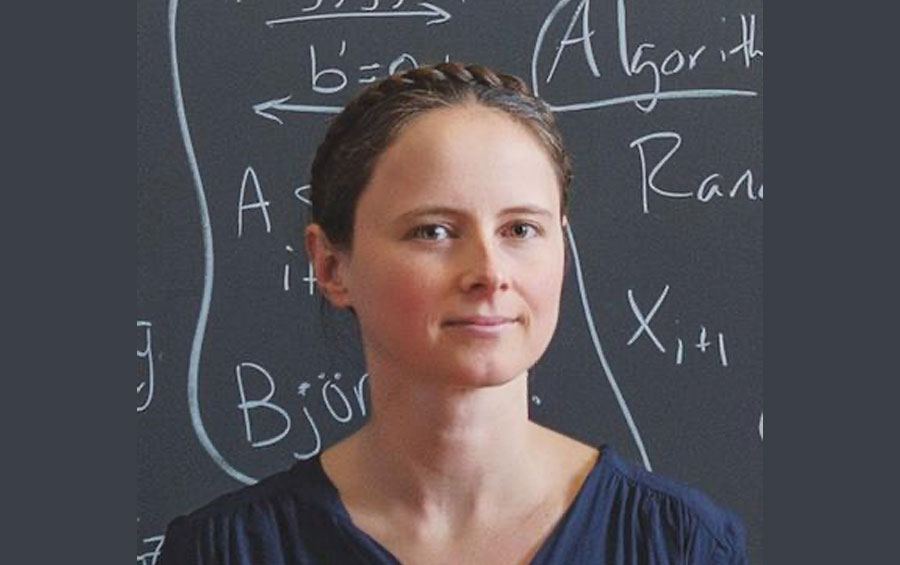
CSE Associate Professor Nadia Heninger is part of an international team of computer scientists that has set a new record for integer factorization, one of the most important computational problems underlying security in nearly all public-key cryptography used today. The same team set the previous integer factoring record in December 2019, when they factored the RSA-240 challenge, a 795-bit integer.
Currently, only one percent of the massive amount of data produced worldwide is ever evaluated. But a $1 million grant from the Defense Advanced Research Projects Agency (DARPA) will help CSE professors Tajana Rosing and Sanjoy Dasgupta, and collaborator Tara Javidi with UC San Diego’s Electrical and Computer Engineering Department, explore how hyperdimensional computing (HD) can help. Their project, called HyDREA (Hyperdimensional Computing: Robust, Efficient and Accurate) will investigate how to make HD faster and more efficient than current machine learning while retaining its accuracy.
